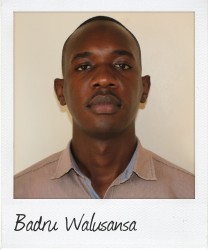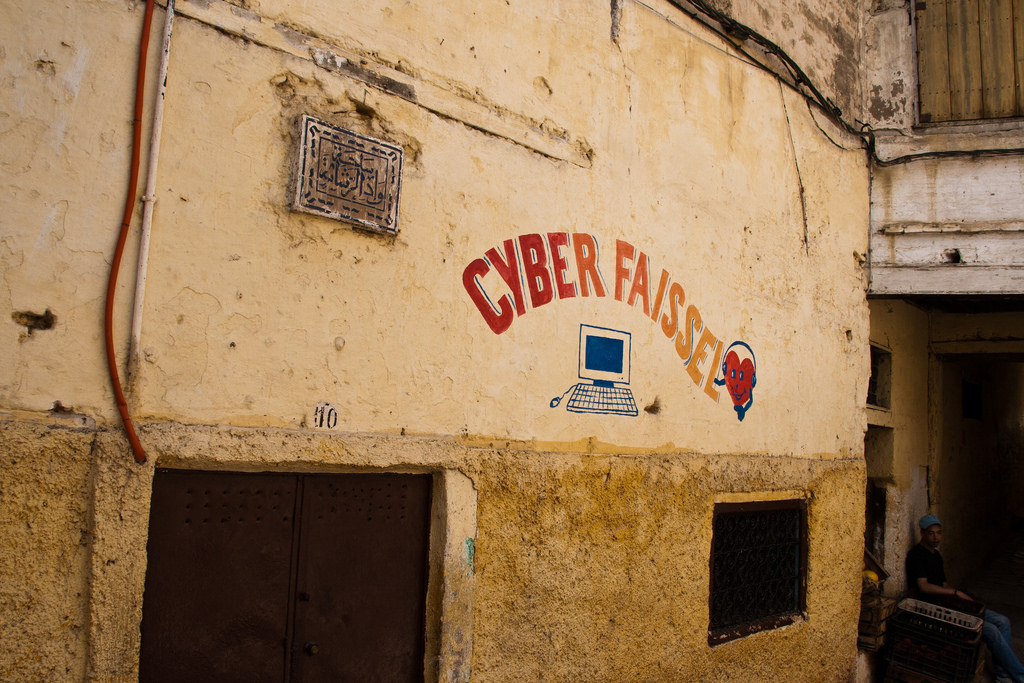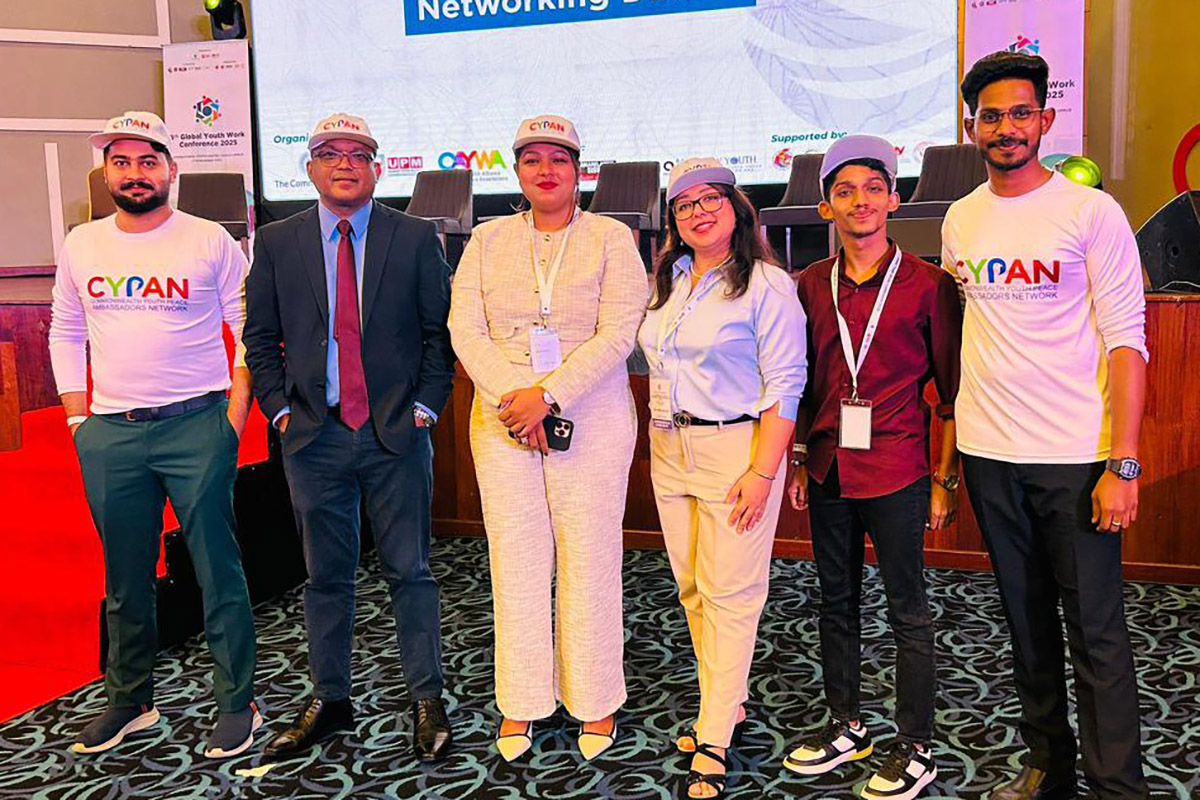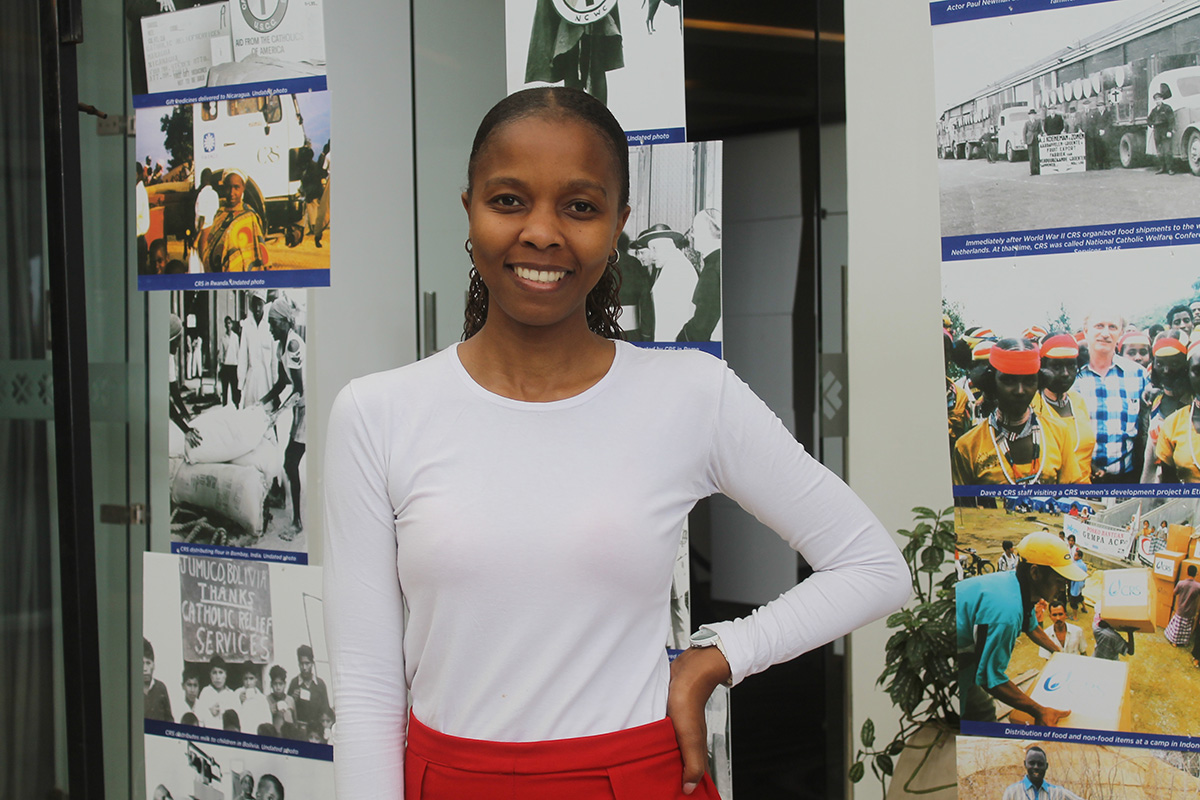“Taming the internet risk for modern parents”
October 1 The invaluable resources of internet have become increasingly accessible, but as Badru Walusansa, 25, a Commonwealth Correspondent from Kampala in Uganda writes, that fact poses a double-edged dilemma for parents of young children.
The invaluable resources of internet have become increasingly accessible, but as Badru Walusansa, 25, a Commonwealth Correspondent from Kampala in Uganda writes, that fact poses a double-edged dilemma for parents of young children.
The world has gone digital, and every one can now connect to the internet through the new wave of smart phones. In 2011, the United Nations declared internet access as a human right, which has trickled down to a reduction in connection costs, making internet access more affordable to everyone.
In this modern era, schools, hotels, malls, offices and homes are all connected to the internet. It only takes one a password to find access. Last week, I visited a friend. Meanwhile, as I was busy scratching a credit card to load data and connect to the internet, his 11 year old quickly read me out a password to the home Wi-Fi.
With a lot of concern, I turned to my friend to ask why he hadn’t hidden away the password from children. He replied that “Times have changed, so as the world. Millennials are increasingly becoming smarter and need to be kept abreast of new technologies”.
For some reason I admitted, though at the same time found it truer, that “it no longer takes a village to raise a child, rather, it takes the internet to raise a child in this modern era”.
That said, I realised that modern day parenting is very tricky. Children spend more time on tablets, computers and phones – even more than they spend time with their parents. As parents are busy, torn between tight work schedules and travels, their children are home and in internet cafes, searching the internet for study and leisure. And out of curiosity, they end up surfing inappropriate online content.
Several studies have shown that children who access the internet under no maximum checks or controls by parents, teachers and guardians are more exposed to consumption of harmful content that compromises their early child development and well-being.
According to Internet Society Uganda Chapter (ISOC), as children use the internet, they face serious risks such as online predators, cyber bullying and consequences from revealing too much personal information.
Ms. Leonah Mbonimpa, a communications officer at the National Information Technology-Uganda (NITA-U), notes that there are cyber-criminals who are increasingly targeting vulnerable children with malicious intent, and initiating damaging interactions towards sexual grooming and exploitation. However, Leonah advises that protecting children online is a global challenge that requires a global approach.
I took off some time and stepped into an internet cafe, purposely to find out whether there was an internal safety check observed for the children using the internet. To my dismay, I found no such checks, which is very risky for vulnerable children, as they’re more susceptible to computer and internet misuse.
In 2011, Parliament enacted the Computer Misuse Act, with provisions for safety and security of electronic transactions and information systems. The Act seeks to regulate all forms of computer misuse. Although the Act would help to incriminate those who misuse information systems, it suffers from ineffective implementation.
While liaising with Ms. Gloria Kembabazi, a lawyer and internet expert, she noted that the internet has become the single most important tool of our generation. Children are most advantaged to benefit from the resource, if trained early about disciplined and resourceful use of it. However, she advises parents to use online parental-control-software to safeguard their children from accessing harmful content.
She also insists that computers, laptops and other internet infrastructure should be installed in open spaces where parents are within reach, for monitoring purposes.
“I set out ground rules for computer usage in my home and they should be observed. The internet is only used for study purposes and perhaps playing games. I often change passwords, and also implore my children to open up, in case of any harassment or cyber bullying found on internet”, said Peter Semweya, a father of three teens.
The internet could be viewed at as a double-edged sword to modern day parenting. We must not wholly sink into its pitfalls, but rather optimise the pitfalls into opportunities. We should conclude that parental safety controls are important, as parents, teachers, guardians, and computer instructors monitor children while online.
Photo credit: khowaga1 It’s a bird, it’s a plane, it’s CYBER FAISSEL! via photopin (license)
………………………………………………………………………………………………………………
About me: I am a coordinator for Hands Against Poverty-Uganda, an initiative I support as I aspire to influence more youths in Uganda to directly engage in poverty reduction programmes. I am active in human rights advocacy and elections management, after having been a voter educator at the Citizens Election Observers Network-Uganda.
I have a passion for writing and have authored several articles on different topics in the Weekly Observer newspaper, and contribute articles for the Foundation for Human Rights Initiative’s website.
…………………………………………………………………………………………………………………
Opinions expressed in this article are those of the author and do not necessarily represent the views of the Commonwealth Youth Programme. Articles are published in a spirit of dialogue, respect and understanding. If you disagree, why not submit a response?
To learn more about becoming a Commonwealth Correspondent please visit: http://www.yourcommonwealth.org/submit-articles/
………………………………………………………………………………………………………………






